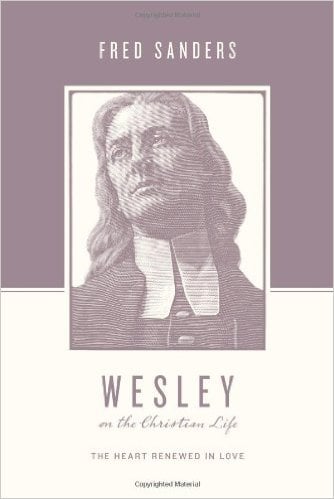⏱️ Estimated Reading Time: 4 min read
Maybe you know someone, or are someone, who has lived an entire life in one country, one region, or one state. Such a person has spent their days only experiencing what is familiar, what is commonplace. They never “get out of their bubble” if you will. Any of us who have experienced life in different countries and continents know that despite our wide-ranging differences, there are many things that hold us together as humans globally. In other words, the man who has spent his whole life in Portland, Oregon has many things in common with the woman who has lived her entire life in London, England. The tragedy is, unless either of these people takes the leap to get to know their cross-cultural companion, they’ll never know what they share in common, and they’ll likely think of each other as altogether different and divided.
This is what we often see in the camps of Calvinism and Arminianism. Many of us have built bubbles around ourselves. The ultra-Calvinist, for example, will take up and read his Spurgeon and Owen and Piper, immersing himself in works only authored or endorsed by Calvinists. The ultra-Arminian, on the other hand, sees the word “election” and steers clear altogether. Both have lived in their own towns all their lives, and both are missing out on seeing just how we share gospel unity that crosses denominational, theological, and practical borders.
In picking up Fred Sanders’s volume on John Wesley, I in my staunchness was prepared to fill the margins throughout these pages with counters to Wesley’s points, evidencing why he was wrong and so forth. But what I found, as I journeyed through Wesley’s approach to the Christian life, is a man whose heart for God, zeal in preaching, and love for others far outweighs my own. In Wesley, we find a giant of the faith, a man who sought to be utterly clear in his views, tenacious in proclaiming the gospel, and always intent on helping others experience the strange, warm feeling he felt himself at Aldersgate.
There is much I could say about Sanders’s book, but because I think it is a necessary read, I won’t give it all away here. Suffice it to say, Sanders’s writing style is rooted in historical research, written for the academic and the layman alike, and includes a refreshing amount of wit to make for an extremely engaging read. It was hard to put down!
Some of the key points of discussion in this volume that I found particularly interesting were Wesley’s emphasis on heart religion over against formal religion. In my context of the Bible belt, I see the dangers of nominal Christianity all around me, and Wesley’s style and emphases on heart religion are extremely helpful. I also liked Wesley’s distinction between God’s work for us by the Son (justification) vs. God’s work in us by the Spirit (sanctification). Wesley’s teaching on justification is, to my surprise, extremely robust, and has much to teach even the Calvinist (who would have thought!). Finally, while I don’t agree with Wesley’s assessment, reading his theology on Christian perfectionism was very insightful.
To my Calvinist brethren, may I encourage you to get out of the cul-de-sac of Calvin and Lloyd-Jones and Warfield and consider how you could be immensely helped by John (and Charles) Wesley’s teachings in this book. They are so much more than Arminians. They are gospel-believing, spiritually-edifying, God-glorifying, heart-stirring men from which we can learn so much. I am grateful to Fred Sanders for this pristine overview of Wesley’s work, and to Crossway for giving the Young and Restless a chance to get out of their bubble.




